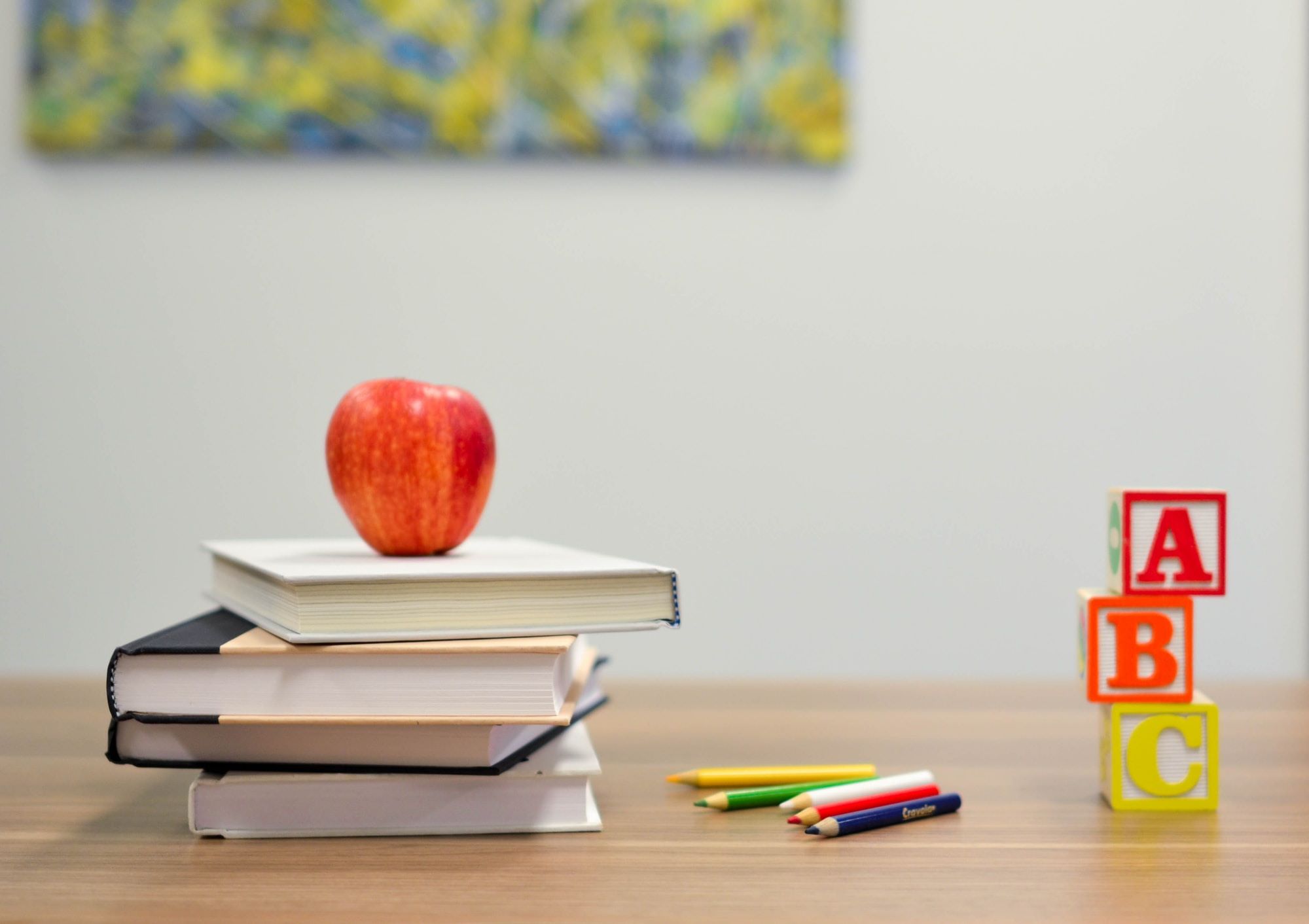Counselling for Children, Teenagers, and Young Adults
Helping young people feel seen, safe, and supported
Children and young people often experience overwhelming emotions that they don't yet have the tools or words to process. Whether it’s anxiety, sadness, anger, fear, or confusion, counselling can help them understand what they’re feeling and support them in building healthy coping strategies.
In a calm, non-judgemental, and confidential environment, I support children and young people in making sense of their emotions and life experiences.
Common reasons children and teens come to counselling
Your child may benefit from counselling if they are:
Struggling with school pressure, bullying, or friendship issues
Experiencing parental separation, grief, or family conflict
Showing signs of anxiety, depression, anger, or withdrawal
Finding it hard to express themselves to people they know
Feeling overwhelmed by peer pressure, body image concerns, or identity questions
Every child is unique, and their challenges can manifest in many different ways. Counselling helps them express what’s going on inside — even when they don’t have the words.
How counselling can help
Counselling offers young people:
A confidential space to explore their emotions
Tools to better understand and manage their feelings
Improved self-esteem and resilience
A trusted relationship with an adult outside their family
Creative ways to communicate and process difficult experiences
For children, talking therapy is adapted to their developmental stage using creative techniques like:
Therapeutic play
Drawing, painting, and Play-Doh
Sand tray work, Lego, and storytelling
Younger children may not be able to articulate their worries, but through creative counselling methods, I can help them express themselves in ways that feel natural and safe.
Teenagers and young adults
Adolescents may face unique emotional and social challenges. From exam stress and relationship worries to gender and sexuality questions, identity struggles, and mental health difficulties, it’s easy for young people to feel overwhelmed.
Counselling offers teens and young adults:
A private space to talk about difficult or confusing feelings
Support in managing low mood, self-harm, or anger
Help navigating online pressure, social media, and friendship dynamics
Strategies to cope with change, uncertainty, and life’s ups and downs
By building a strong rapport, I empower teenagers to explore what’s going on beneath the surface and help them develop lifelong emotional resilience.
Tailored counselling that meets their needs
Every child and teenager is different — with their own personality, background, and way of expressing themselves. That’s why I adapt every session to suit the age, maturity, and needs of the young person I’m working with.
Together, we can help them feel more confident, more in control, and more at ease in the world around them.

Some issues that may be worrying children/ young adults include anxiety, depression, anger, bullying, friendship issues, parental separations, ADHD, discovering identity ,sexual abuse, emotional abuse, anger, bereavement, confusion about sexuality, self harm, exam stress, OCD, eating disorder, body image, self esteem, health issues.
Frequently Asked Questions (FAQ)
What happens in a typical counselling session for my child?
Counselling sessions are typically 50 minutes long and can be held weekly either in-person in Warwick or online (for young people aged 11+).
Sessions can include using creative methods like play, art, or storytelling to help them express their feelings and explore their emotions.
For older children and teens, we use talking therapies and may also incorporate emotion-regulation techniques to empower them with coping strategies. We can also use creativity in sessions.
What if my child is too young to talk?
For younger children, we use creative therapy tools like playdough, sand trays, Lego, and painting to help them express themselves. These activities allow children to work through their emotions in a fun, non-threatening way, helping us understand their struggles even if they can’t verbalize them clearly.
How do you ensure my child's safety?
I take safeguarding very seriously. I am fully qualified, with enhanced DBS clearance and trained in safeguarding children and young people.
I follow strict ethical guidelines and confidentiality policies while ensuring your child is always safe.
If there are any safeguarding concerns, I will follow established protocols to ensure the appropriate steps are taken. You’ll always be informed about how this is managed.
Will my child’s sessions be confidential?
Confidentiality is a key part of the counselling process.
For younger children, I will keep your child’s disclosures confidential, but I will ensure you’re kept informed about progress and any key concerns.
With teens, I always discuss confidentiality with them at the start and respect their need for privacy.


